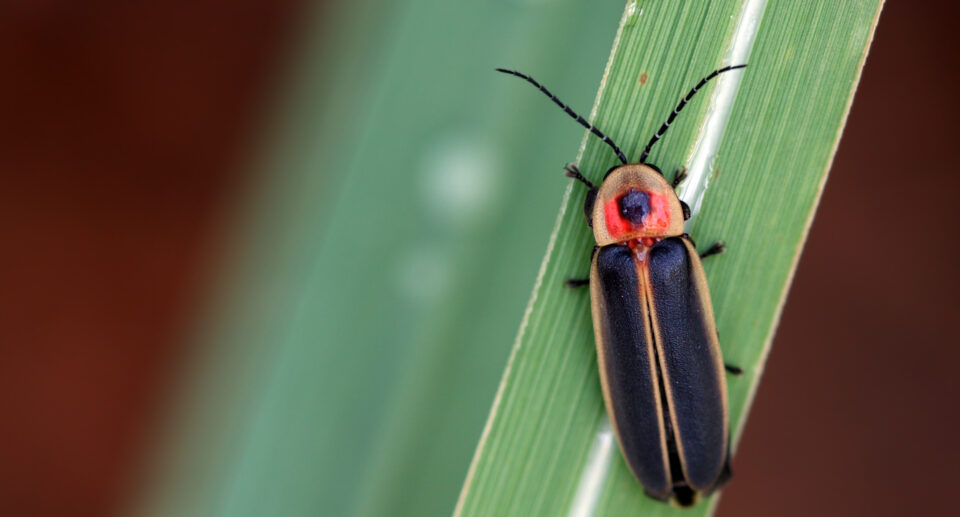Are Fireflies Toxic to Dogs?

Does your pet love snapping fireflies out of the air? These blinking, slow-flying bugs are easy targets to curious cats and dogs. It’s no wonder many pets can’t resist snatching them up on warm summer nights.
But with their radioactive-looking glow and crunchy exterior, you might wonder if an evening of indulging in fireflies would warrant an urgent vet visit. Learn how fireflies could be toxic to pets and what you should do if your dog or cat eats fireflies.
What’s In A Firefly?
A firefly’s body contains lucibufagins, a bitter-tasting toxin that helps discourage predators, like dogs and cats, from preying on them. Very small predators, like iguanas and chameleons, can die in just a few hours after consuming just one firefly.
For dogs and cats, though, it would take more than one firefly to cause serious illness. However, it’s not known how many beetles your pet would have to ingest to make them ill.
Thankfully, most pets will stop eating after their first taste of the bitter toxin. Often, fireflies can trigger your dog or cat’s hunting instincts, but they may actually spit out the bugs as soon as they catch them.
For determined pets, however, indulging on a feast of fireflies could end in a few hours of gastric distress if the bitter toxin irritates the lining of the digestive tract.
What To Do If Your Pet Eats Fireflies
Currently, there are no widely-known cases of a dog or cat that became seriously ill after eating fireflies.
If your pet snaps up just a few, they’re unlikely to need veterinary care, though you should monitor them for diarrhea, vomiting, and other signs of an adverse reaction. See your vet if your pet seems to be in pain or in distress or if gastric issues persist.
While it’s common for dogs and cats to occasionally hunt and eat bugs, it can become an unhealthy obsession. Indiscriminate eating can be a sign of pica in pets and may be a sign of an underlying health issue.
If your dog or cat habitually eats fireflies, it may be best to keep them on a leash, use a basket muzzle outdoors, or keep your pet inside when the bugs are out.
Fireflies are crepuscular, meaning they’re most active at dawn and at dusk, just like cats. You might see them come out like clockwork around 9:30 PM, then start to simmer down later into the night. Their active season varies by region but in most of the United States tends to run from June to July.
Your pet is most likely to find fireflies in and around long grass, near standing water, and by pollinator-friendly plants. When these bite-sized bugs are in the air, you can still enjoy warm summer nights walking your pet on-leash, sticking to sidewalks rather than grassy areas, and distracting your pet with healthy treats.
VISION
Every pet deserves to live a long, happy, healthy life.





